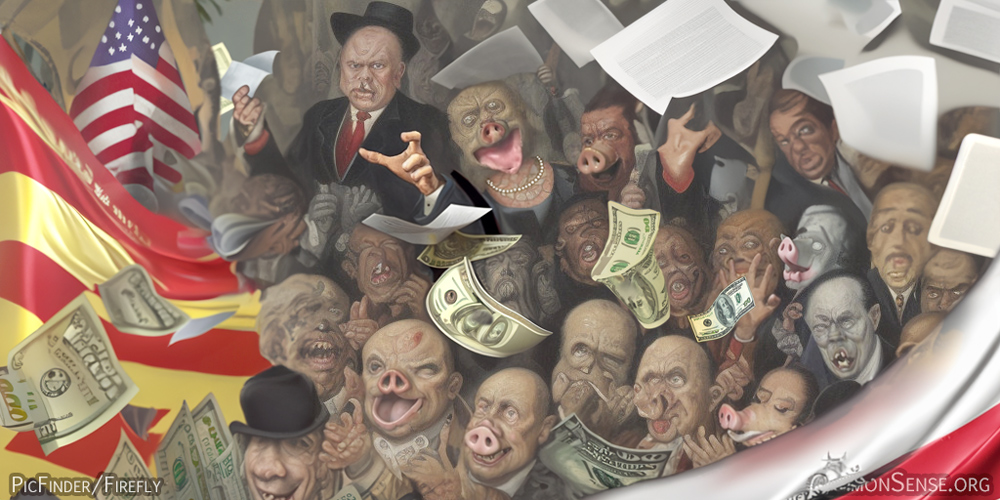Star Trek may have adversely affected American politics. Its techno-communist utopian militarism was one thing, its attitude towards engineering? Perhaps worse.
In how many episodes did Captain Kirk demand that Scotty push the warp drives further, or decrease the time required for a task — arbitrarily according to his need, not actual possibility?
And, because television: presto, it was done; just in time for the finale!
We see that in the push for electric vehicles (EVs).
The EV mandates, explains The Epoch Times, “will likely cause a sizable wealth transfer from rural red regions of the United States to urban blue sections, and to wealthy Democrats who reside in them. . . .”
For while Democrats say they’re trying to “save the planet” from an increase in atmospheric carbon, really, analyst Robert Bryce counters, “it’s a type of class warfare that will prevent low- and middle-income consumers from being able to afford new cars.”
How? The EPA’s new “rules are the strictest in history and will effectively force carmakers to have one-third of new car sales be plug-in EVs by 2027 and more than two-thirds by 2032.” But according to the Texas Public Policy Foundation, “as much as $48,000 of the cost of the average EV sold in the United States is paid not by the owner but in the form of ‘socialized costs’ that are spread out among taxpayers and electricity consumers over a 10-year period.”
So the new rules will reduce the supply of gas-powered vehicles, driving up costs. And the increased number of already-subsidized vehicles will also be paid by taxpayers at large, while the benefits go to . . . mostly Democrats in the bluest counties of the bluest states, as
In recent years, Democrats have prided themselves that their “blue states” subsidize “red states,” mocking the “rugged individualist” pretensions of the hapless bubbas in flyover country. But now such boasts ring hollow.
This is the far-flung future?
Subsidy and regulation spoil the
This is Common Sense. I’m Paul Jacob.
Illustration created with PicFinder and Firefly
—
See all recent commentary
(simplified and organized)





